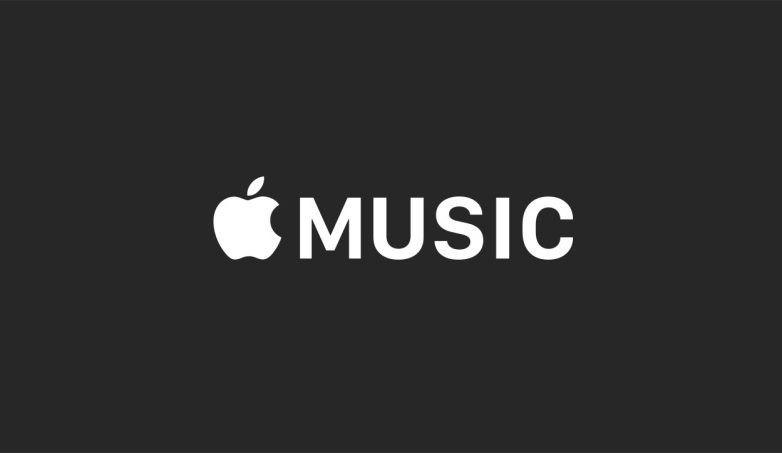Apple Music is Stealing Users’ Songs
Ashley Allen / 8 years ago

Users of Apple’s iTunes platform have been complaining for years about the software taking liberties with their local music catalogue, with files being renamed, moved, or even deleted. Now, it seems that Apple is cranking up its level of interference with user’s music files, with reports that Apple Music is not just deleting songs from user’s computers, but uploading them to Apple’s cloud servers and serving them back to them on-demand.
Writer and composer James Pinkstone has revealed that, after he signed up for Apple Music, 122GB of music on his system disappeared. Following a conversation with an Apple customer service adviser, he discovered that Apple Music had deleted this content automatically, but not before uploading to the cloud. If Pinkstone wanted to listen the songs that he previously owned, be had to do so via Apple Music.
“Through the Apple Music subscription, which I had, Apple now deletes files from its users’ computers,” Pinkstone wrote in a Huffington Post article. “When I signed up for Apple Music, iTunes evaluated my massive collection of Mp3s and WAV files, scanned Apple’s database for what it considered matches, then removed the original files from my internal hard drive. REMOVED them. Deleted.”
However, Apple Music did not stop at deleting music content that it recognised; the service uploaded and deleted music produced by Pinkstone himself, effectively taking ownership of his own songs and adding them to its streaming platform.
“If Apple Music saw a file it didn’t recognize—which came up often, since I’m a freelance composer and have many music files that I created myself—it would then download it to Apple’s database, delete it from my hard drive, and serve it back to me when I wanted to listen, just like it would with my other music files it had deleted.”
Pinkstone had four distinct problems with this practice:
- “If Apple serves me my music, that means that when I don’t have wifi access, I can’t listen to it. When I say “my music,” I don’t just mean the music that, over twenty years (since before iTunes existed), I painstakingly imported from thousands of CDs and saved to my computer’s internal hard drive. I also mean original music that I recorded and saved to my computer. Apple and wifi access now decide if I can hear it, and where, and when.”
- “What Apple considers a “match” often isn’t. That rare, early version of Fountains of Wayne’s “I’ll Do The Driving,” labeled as such? Still had its same label, but was instead replaced by the later-released, more widely available version of the song. The piano demo of “Sister Jack” that I downloaded directly from Spoon’s website ten years ago? Replaced with the alternate, more common demo version of the song. What this means, then, is that Apple is engineering a future in which rare, or varying, mixes and versions of songs won’t exist unless Apple decides they do. Said alternate versions will be replaced by the most mainstream version, despite their original, at-one-time correct, titles, labels, and file contents.”
- “Although I could click the little cloud icon next to each song title and “get it back” from Apple, their servers aren’t fast enough to make it an easy task. It would take around thirty hours to get my music back. And even then…”
- “Should I choose to reclaim my songs via download, the files I would get back would not necessarily be the same as my original files. As a freelance composer, I save WAV files of my own compositions rather than Mp3s. WAV files have about ten times the number of samples, so they just sound better. Since Apple Music does not support WAV files, as they stole my compositions and stored them in their servers, they also converted them to Mp3s or AACs. So not only do I need to keep paying Apple Music just to access my own files, but I have to hear an inferior version of each recording instead of the one I created.”
Of course, this practice is listed in the Apple Music End-User License Agreement, which protects the company against any legal action in this case, despite its unethical behaviour. The Apple customer service representative, Amber, that Pinkstone spoke on the phone to admitted that she does not use Apple Music for this very reason. Thankfully, Pinkstone was able to recover his music collection from a personal back-up. Otherwise, he would have been forced to listen to music he owned through Apple’s streaming platform, or download bastardised versions of his original tracks.
The fact that Apple is interfering with your files without express permission from users – there’s a difference between hiding a default function in a EULA and asking a user whether they want a thing to happen – is bad enough, but the company is taking ownership of songs that it has not produced, has no agreed rights to, and no legal grounds for controlling. That is theft.



















